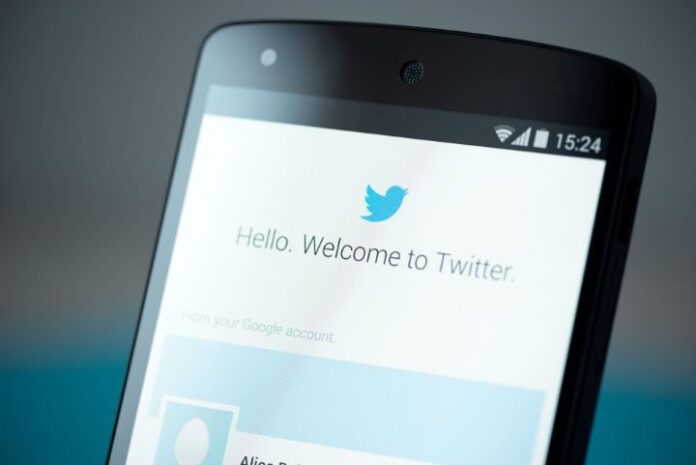Editor’s Note: Looking to bring a younger perspective to the mobile space, RCR Wireless News has tapped Jeff Hawn to provide insight into what’s on the minds of the tech-savvy youth of today.
Cellphones are altering our society in new and unexpected ways every day. I would argue that people who work with wireless communication owes it to themselves to be cognizant of the broader implications of their product. Let’s focus on the byproduct that wireless technology has on our society and culture, and some of those implications.
Some have been quite positive, such as Arab Spring, a revolution organized and coordinated by mobile phones and the Internet. Although the events have recently stumbled, the world of dictators and despots walk with a lighter touch lest they arouse the ire of their citizenry who, through the Internet, can mobilize in hours not weeks.
But as is the case with new innovations, the vast array of mobile devices can be used for evil or, more frequently, in a highly irresponsible and callous manner. This past November has furnished a perfect example: Alex Lee, a young man from Frisco, Texas, went to his job at Target store. Lee is a 16-year-old from an average middle-class household who had 114 followers on Twitter. Lee now has more than 750,000 followers. What changed? Apparently while he was working at his cashier station, one of his customers thought he was attractive and snapped a photo, which she tweeted. Then someone else re-tweeted it and so on and so forth. Within a few hours Lee had gone from being a private citizen to an internationally known figure.
Although it sounds like something out of a made-for-TV movie, fame in this day and age has a dark side. It makes people a target for certain individuals who draw pleasure from causing chaos and disruption. Lee’s life has been threatened and his family’s personal information posted online. The people behind these malicious actions are able to be a nuisance because of the anonymity of the Internet.
Lee’s situation can be considered a litmus test of how far interconnectivity can be abused. It is worth noting that Lee did not seek this fame and the women who originally tweeted his photo did so without his knowledge or consent. Yet ,were any laws broken or any social custom? The concepts of privacy and free speech have been two ideals that society has long tried to reconcile. Tomes of case law have been written on the subject and many notable cases have been tried on the weighty matter, usually revolving around a citizen’s right to privacy from the government. Had Lee’s photo been posted by a government entity, it would have been a criminal act. Instead, one private citizen posted another’s photo with no discernible intention other than to comment on his existence. Did she break any laws intentionally or otherwise? Probably not, and she didn’t take any action that has been considered inappropriate by society, as of yet.
The lesson to be learned from the entire disturbing case is that as technology changes we, as a society, also need to evolve. As the world has become so interconnected via the Internet, wireless companies – as the purveyors of the technology – have a role to play in this conversation. It is not a conversation we can shrug off to a future generation either, as the menagerie of wireless gizmos and social media platforms continues to proliferate at an exponential rate. More questions of the legality and social responsibility will be raised, so it is better to start coming up with answers now in order to set precedent. Because, Lee’s case demonstrates, interconnectivity can be a powerful and horrible thing.
Jeff Hawn was born in 1991 and represents the “millennial generation,” the people who have spent their entire lives wired and wireless. His adult life has revolved around cellphones, the Internet, video chat and Google. Hawn has a degree in international relations from American University, and has lived and traveled extensively throughout Europe and Russia. He represents the most valuable, but most discerning, market for wireless companies: the people who have never lived without their products, but are fickle and flighty in their loyalty to one company or product. He’ll be sharing his views – and to a certain extent the views of his generation – with RCR Wireless News readers, hoping to bridge the generational divide and let the decision makers know what’s on the mind of this demographic.

